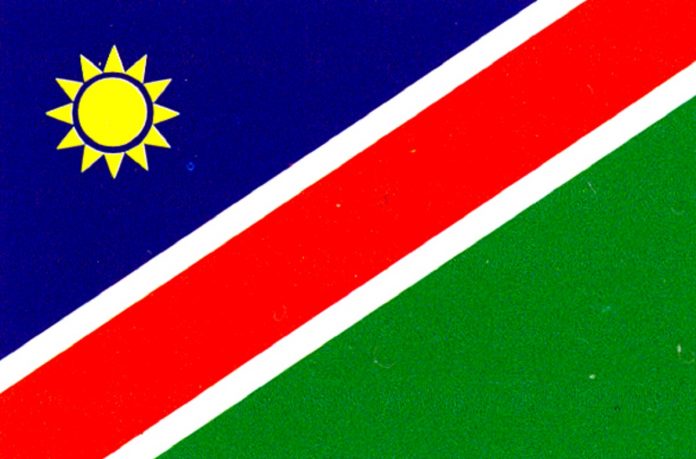There were many topics for the media to pick up on but the Namibian Minister of Fisheries and Marine Resources, Bernard Esau, couldn’t have spelt it out more clearly at his 2019 annual ministerial address to the commercial fishing industry last week.
These were as follows:
- the state of the fisheries is healthy and is being sustainably managed. The exception is the pilchard fishery which has a three year no-fishing moratorium. Extensive studies are being undertaken on this fishery, including its interactions with seals, the results of which are expected in 2020.
- 2019 has a serious agenda which requires mutual input by government, the private sector and civil society players. 2019 will give meaning to Namibia’s policies on economic inclusivity and ensuring investment friendly environment in the renewal and allocation of fishing rights.
- Value addition and job creation, particularly in the horse mackerel sector, will be taken to another level. In terms of the country’s National Development Plan (NDP5) the target on value addition for the 2019 fishing season is 50% of total landings of horse mackerel (about 175000 MT). Like the hake fishery though, it is possible that a 70/30 policy will be implemented for horse mackerel by 2022, whereby 70% of the fish will be landed wet and value added on shore mainly to maximise job creation opportunities for Namibians. The Minister said this measure would also be extended to other fisheries in due course.
- Measures will be taken to strengthen aquaculture development, including ongoing molluscan shellfish sanitation and water quality monitoring programmes.
- IUU activities in Namibia’s maritime borders with Angola, and on the country’s rivers will be eradicated, the Minister promising “drastic results soon.” The Minister added that correct recording of landings was imperative for calculating statutory obligations such as levies and taxes and that the Fisheries Observer Agency (FOA) had been asked to explore options including instant electronic internet-based reporting.
- The blue economy policy must be concluded to ensure Namibia effectively articulates its position in international ocean governance initiatives currently underway.


















Comments are closed.